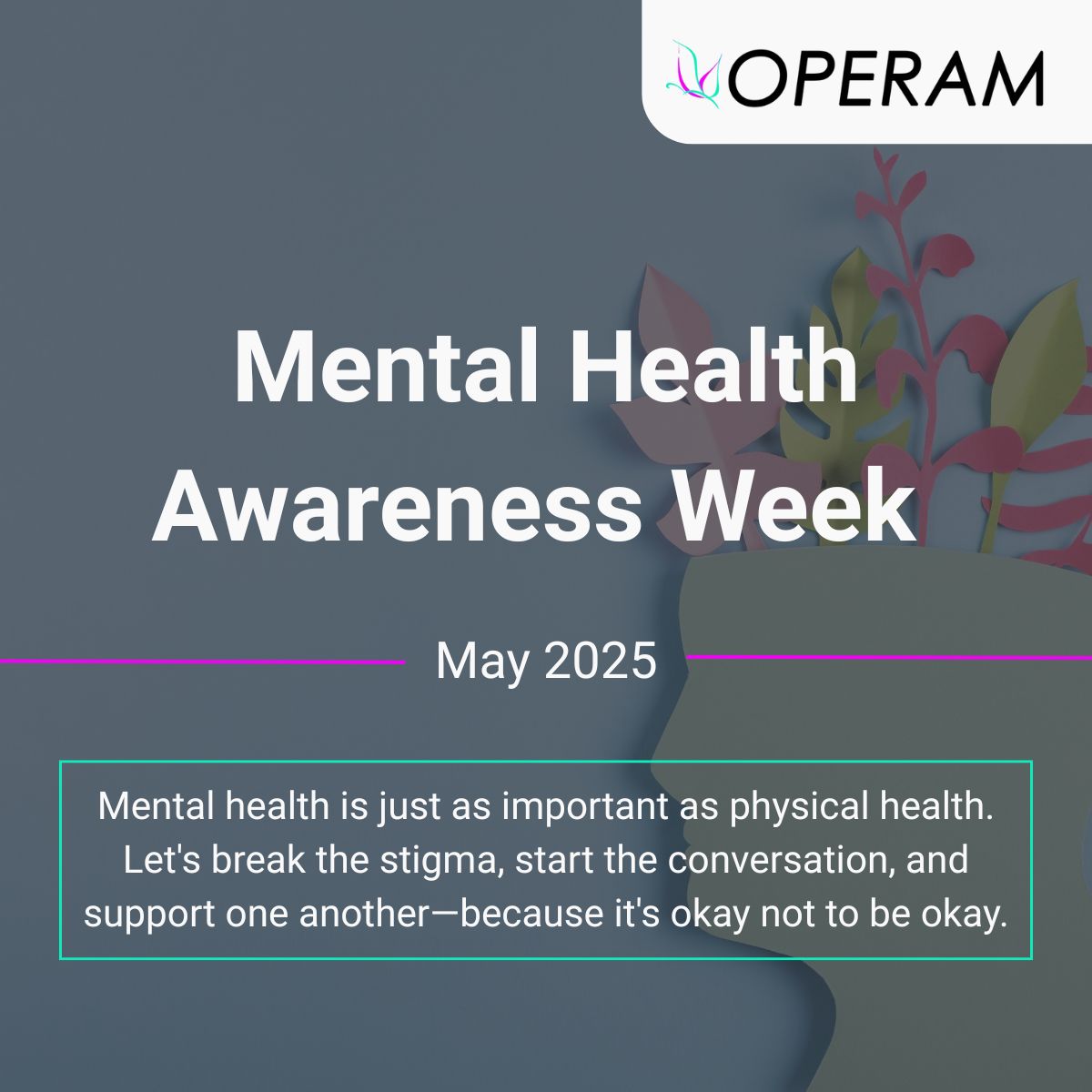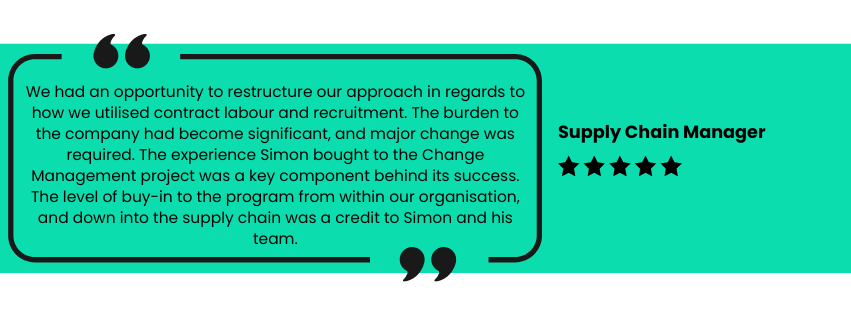Prioritising Men's Mental Health
May 9, 2025Prioritizing Men’s Mental Health - My Mental health Episode
We had rushed to the hospital – my wife and me. It was a routine pregnancy check as she was in her last trimester.
I thought nothing of the process until we got hit with the news that the baby had to be delivered that same day due to a serious complication. To make matters worse, I was told that both my wife and the baby were experiencing heart rate issues with a 70% chance I could lose them both unless delivery done through surgery. How do you handle news like this?
Fast forward…my wife and the baby survived but complications persisted for her. I went into an entirely new place I had never been before – both mentally, and emotionally. I had nowhere to find solace – it was like no one cared how I felt. I was struggling inwardly and yet I couldn’t talk about it for fear of being perceived as weak and emotionally unstable.
My disposition kept swinging with every passing day. The immediate joy of childbirth literally transformed me. And yet, there were times I also felt inner sadness and emptiness. Then there was the uncharacteristic impatience, frustration, and anger over minor and unnecessary issues. I struggled with execution of routine jobs both at home and work – mixed with frequent lapses in memory.
It got a bit more serious when I started having negative thought patterns. I was experiencing persistent self‑criticism, blaming myself for my wife’s medical complications and harbouring pervasive and worthless thoughts. Physically I had insomnia, but that was seen as normal as no parent of a newborn baby can really sleep well.
I avoided friends or any external activities that I once found engaging and enjoyable. This was an extremely difficult moment to live as I felt alone and lonely at the same time. It is said that Men are less likely to seek help for mental health issues than women, a statistic that highlights a cultural expectation of stoicism. And I was no different. However, the reality is that mental health is a critical aspect of overall well-being, and it is acceptable, even necessary, for men to express vulnerability. Acknowledging emotional pain does not diminish one’s strength; rather, it underscores the depth of our humanity. In my own journey, opening up to my wife, seeking medical & professional help through therapy, and taking deliberate steps to address my mental state marked the beginning of a long, ongoing process of healing.
As we observe Mental Health Awareness Month, I encourage all men to consider their mental health as a cornerstone of overall maturity. Seeking help is not a sign of weakness; it is an act of courage and an essential step toward personal growth. Let us reject the notion that men must silently endure their struggles. Instead, let us foster an environment where vulnerability is embraced, and support is readily available.
I find inspiration in the words of psychologist Carl Jung, who once said, “I am not what happened to me, I am what I choose to become.” Today, I stand as a testament to the power of speaking one’s truth. I have embarked on the journey toward healing, and while I am still navigating the complexities of my mental health, I remain committed to progress. I urge my brothers, colleagues, and all who find themselves in the quiet battle with depression or anxiety to seek help, share their stories, and, most importantly, know that they are not alone.
Let us use this month to ignite a conversation that resonates far beyond May 2025, shaping a future where mental health is valued as a critical element of our collective success.
By Kwame Ampong








